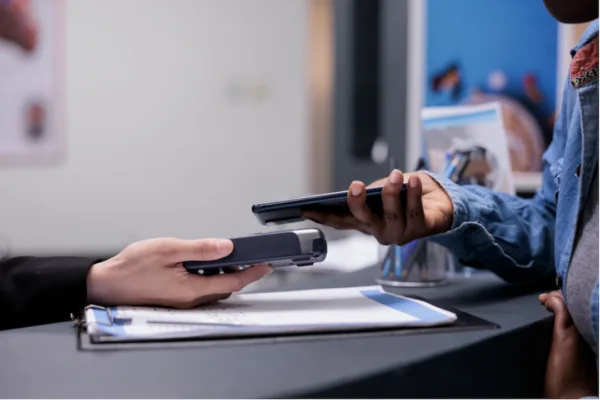The Bangko Sentral ng Pilipinas (BSP) has announced a major policy move that could reshape the digital finance industry in the country. Starting December 1, 2025, the BSP will stop accepting new applications for digital bank licenses under the newly approved BSP Moratorium 2025.
This regulatory move comes at a time when the country has only six fully licensed digital banks in operation, despite BSP having raised the official cap to ten earlier this year. For the Philippine fintech sector, the new moratorium signals both a pause in expansion and an opportunity for regulators and existing players to consolidate the industry.
Understanding the BSP Moratorium 2025 on digital bank licenses
The BSP moratorium 2025 effectively shuts the door for new market entrants after November, at least for the foreseeable future. The central bank has not specified when or if the moratorium will be lifted.
According to BSP, the rationale behind the pause is to allow regulators to evaluate how digital banks in the Philippines are performing, particularly in terms of financial inclusion, consumer protection, and systemic stability. By halting new applications, BSP aims to prevent overcrowding in the digital banking space while ensuring that existing players remain adequately supervised.
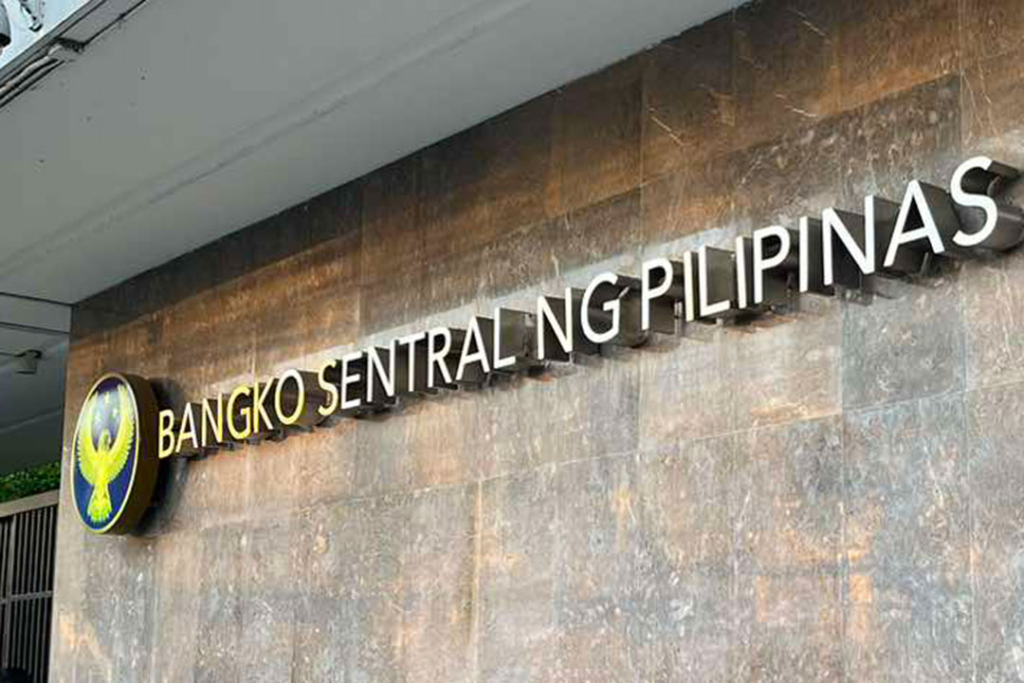
For fintech startups, investors, and foreign banks eyeing the Philippines as an entry point into Southeast Asia’s fast-growing digital financial services market, the decision represents a significant barrier. Unless they secure approval before the November 30 deadline, they may have to wait several years before another licensing window opens.
Current digital banks in the Philippines
As of today, there are six digital banks licensed and operating in the Philippines. These include:
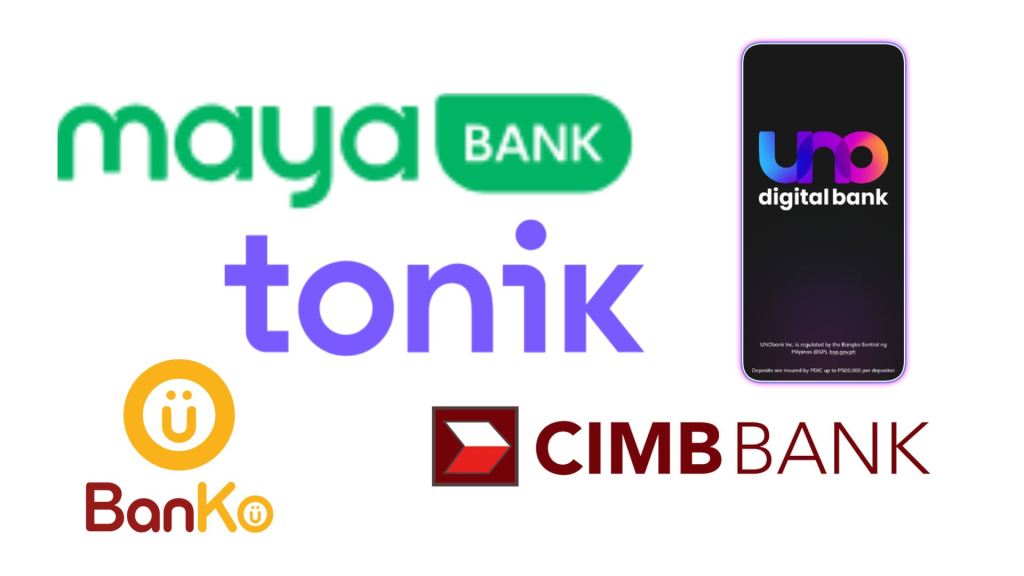
- Overseas Filipino Bank (OFBank) – the first state-owned digital bank, primarily serving overseas Filipinos and their families.
- Tonik Digital Bank – a neobank launched in 2021, known for offering high-interest savings products.
- UNObank – focused on digital lending and credit-driven services.
- UnionDigital Bank – a spinoff from UnionBank, targeting the underserved and mass market segments.
- Maya Bank – backed by Voyager Innovations and PLDT, offering integrated payments and digital banking services.
- GoTyme Bank – a partnership between the Gokongwei Group and Singapore’s Tyme Group, offering app-based services with physical kiosks for account opening.
Earlier this year, BSP signaled openness to granting up to four more licenses, bringing the cap to ten. With the new moratorium, however, that expansion is effectively frozen. Any unawarded slots will remain unfilled until the central bank reopens applications.
Why the BSP is freezing new applications
The BSP moratorium 2025 reflects the BSP’s cautious stance toward financial innovation. While digital banks in the Philippines have been hailed as a catalyst for financial inclusion — especially in reaching the unbanked and underbanked — the regulator has to balance growth with prudence.
Key considerations behind the moratorium include:
- Market Maturity: The digital banking sector is still relatively young, with most players less than five years old. BSP wants to observe their performance before allowing more entrants.
- Financial Stability: A sudden influx of new players could strain supervisory resources and create risks if weaker banks fail.
- Consumer Protection: Digital banks handle large amounts of customer data and funds. Ensuring robust cybersecurity and compliance is a top priority.
- Regulatory Oversight: By limiting the number of licenses, BSP can closely monitor each bank’s operations, lending practices, and financial health.
Implications for the fintech industry
For startups and new entrants
Fintech startups planning to apply for digital bank licenses in the Philippines now face a race against the clock. Unless their applications are complete and submitted by November 30, 2025, they will need to explore alternative regulatory frameworks—such as electronic money issuer (EMI) licenses, virtual asset service provider (VASP) licenses, or partnerships with existing banks.
For investors
Investors may view the moratorium as a stabilizing move that protects their capital in licensed institutions. However, it also limits short-term opportunities for new equity stakes in upcoming digital banks. Foreign players looking to expand into the Philippines may shift strategies toward acquisitions or joint ventures with licensed entities instead of applying independently.
For consumers
For Filipino consumers, the moratorium does not directly affect existing digital banking services. Customers can continue to open accounts, transfer money, and access loans from the six licensed digital banks. However, the pause means fewer new options in the near future. On the upside, the BSP’s focus on supervision may strengthen trust in current players, ensuring safer and more reliable digital banking experiences.
For the broader banking sector
Traditional banks may see the moratorium as breathing space. Competition from digital banks has pressured incumbent players to accelerate digital transformation. With fewer new rivals entering the market, legacy banks have time to strengthen their digital offerings and partnerships.
The road ahead: Balancing growth and risk
The Philippines has emerged as one of the most promising markets for digital financial services in Southeast Asia. With a population of over 110 million, high smartphone penetration, and millions of unbanked adults, the growth potential for digital banking remains immense.
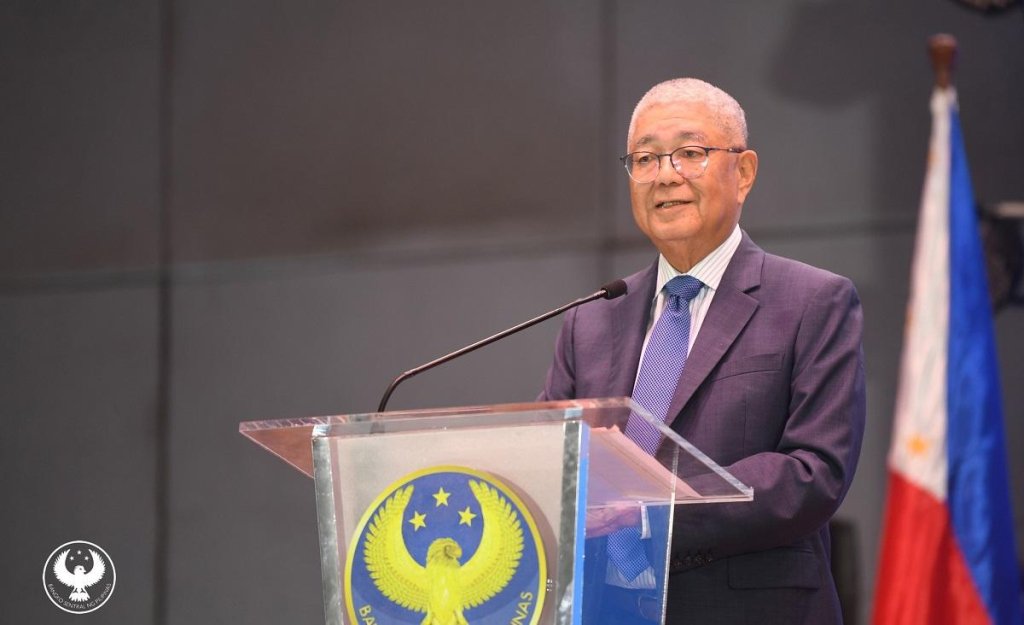
BSP Governor Eli Remolona has previously emphasized that financial innovation must go hand-in-hand with consumer protection and stability. The BSP moratorium 2025 is consistent with this philosophy, signaling that the central bank prioritizes long-term stability over short-term expansion.
Industry watchers expect the BSP to conduct a comprehensive review of digital bank performance during the moratorium period. Metrics such as deposit growth, loan portfolio quality, financial inclusion impact, and cybersecurity resilience will likely influence whether the regulator reopens licensing in the future.
What’s next for digital bank licenses in the Philippines
The BSP’s decision to halt new applications for digital bank licenses in the Philippines starting December 2025 is a pivotal moment for the country’s fintech landscape. While it temporarily limits growth opportunities for new entrants, it underscores the central bank’s commitment to balancing innovation with systemic stability.
For now, the spotlight turns to the six licensed digital banks, which carry the responsibility of proving that digital banking can thrive sustainably in the Philippines. Their performance in the coming years will not only shape the future of digital finance in the country but also determine when—and if—the BSP reopens the door for more players.






